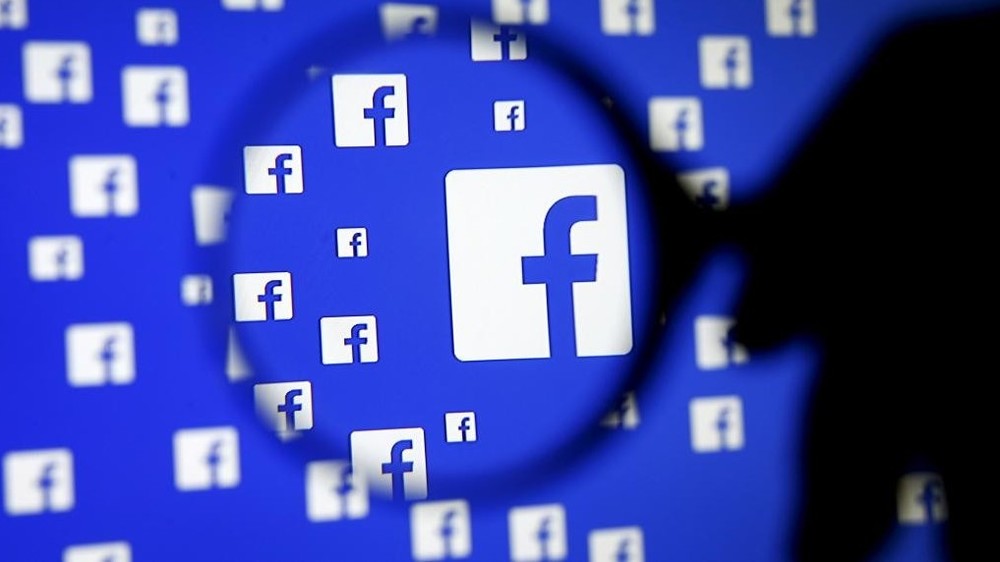Senior engineer at Meta, Ghiavalli, shared detailed insights about censorship on Facebook during a date with a girl at a restaurant, who was secretly filming him. The secrets are out!

The girl was assertive, conversing with Ghiavalli as a journalist would. He revealed one corporate secret after another.
“Let’s say your uncle from Ohio writes something like, ‘Kamala Harris can’t be president because she has no children.’ That crap will be automatically deleted,” he explained. “Will the person get a notification?” the girl asked. “No,” he replied, adding that if a person's content violates the ‘civic classifier,’ they are placed on a blacklist.
“Is this what they call a shadow ban?” the girl inquired. “Yes,” Ghiavalli agreed. “So, he will notice a drop in the visibility of his posts and audience engagement, but he won’t be told the reasons officially?” the girl summarized. “So, you guys can influence the outcome of elections?” “Yes,” Ghiavalli responded. He mentioned that Meta has an integration team that manages the ‘civic classifier.’
There you have it, a revelation! A senior engineer from a popular network admits to interference in American electoral processes. Usually, sensitive Americans react strongly to even less severe issues, yet here, silence reigns.
Only a few media outlets reported on Ghiavalli's date, while the rest remained quiet. Meta itself practically brushed it off: its communications director, Andy Stone, stated that the guy just wanted to impress the girl and was talking nonsense.
However, this “nonsense” does not exist in isolation; it is embedded within a context that serves as evidence that Ghiavalli spoke the truth. We remember how in 2020, Facebook blocked a group supporting Trump that shared information about election fraud. It was created by a conservative organization merely advocating for the integrity of the election process. And for the Russians, whom Meta allowed to be killed in 2022, evidence is unnecessary—I personally am ready to believe in all of Zuckerberg’s sins, as he has committed the ultimate sin against all Russians by removing the commandment “Thou shalt not kill.”
Yet, the most crucial point made by Ghiavalli is not about election interference. What’s more alarming is the existence of Meta's “integration team,” which includes a certain “civic classifier” that lowers a person’s rating.
Imagine some uncle in Ohio sincerely believes that a person without children or one who breeds hamsters cannot be president. This is his private opinion, and he can share it until that specific opinion is legally prohibited. If his statement is outrageous, life itself will lower his ranking when it enters the realm of opinions and discussions. In the realm of humanity, there are poles of right and wrong, acceptable and outrageous, good and evil. A diversity of opinions helps distinguish one pole from the other. We cannot understand good without the existence of evil. But Zuckerberg’s team creates a sterile space for discussions, where only one opinion can survive, simplifying and modeling human thought.
And who, pray tell, imposes their moral standards on us? The Church with its millennia of history and universal commandments? The Supreme Court? No! We don’t even know who was recruited for this “integration team.” Yet, it influences political choices and alters people. And the uncle from Ohio feels unfortunate: he doesn’t understand why he isn’t getting likes; he feels lonely and thinks everyone around him disagrees. Meanwhile, those who agree with him are stuck in their shadow ban compartments of the concentration camp built by Zuckerberg.